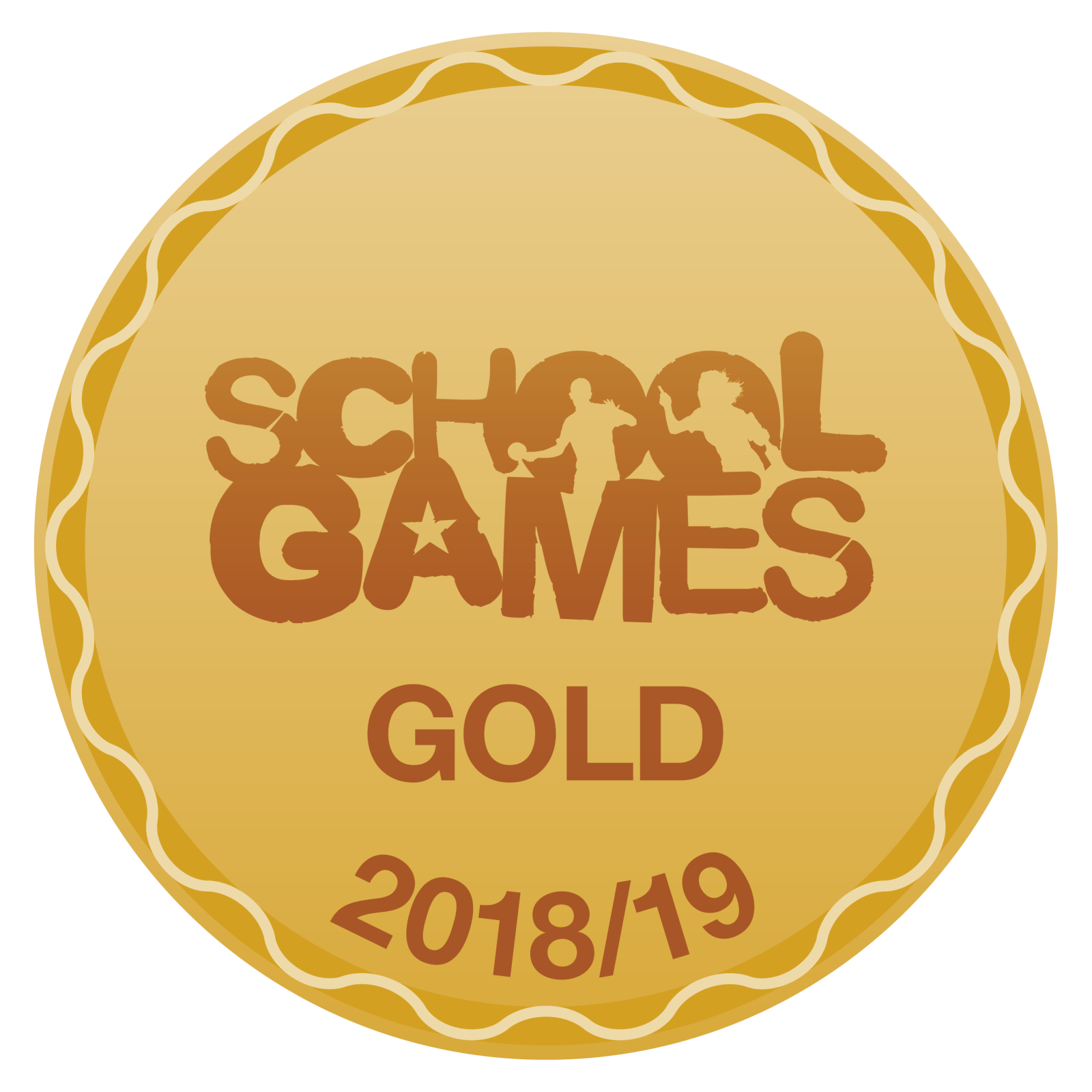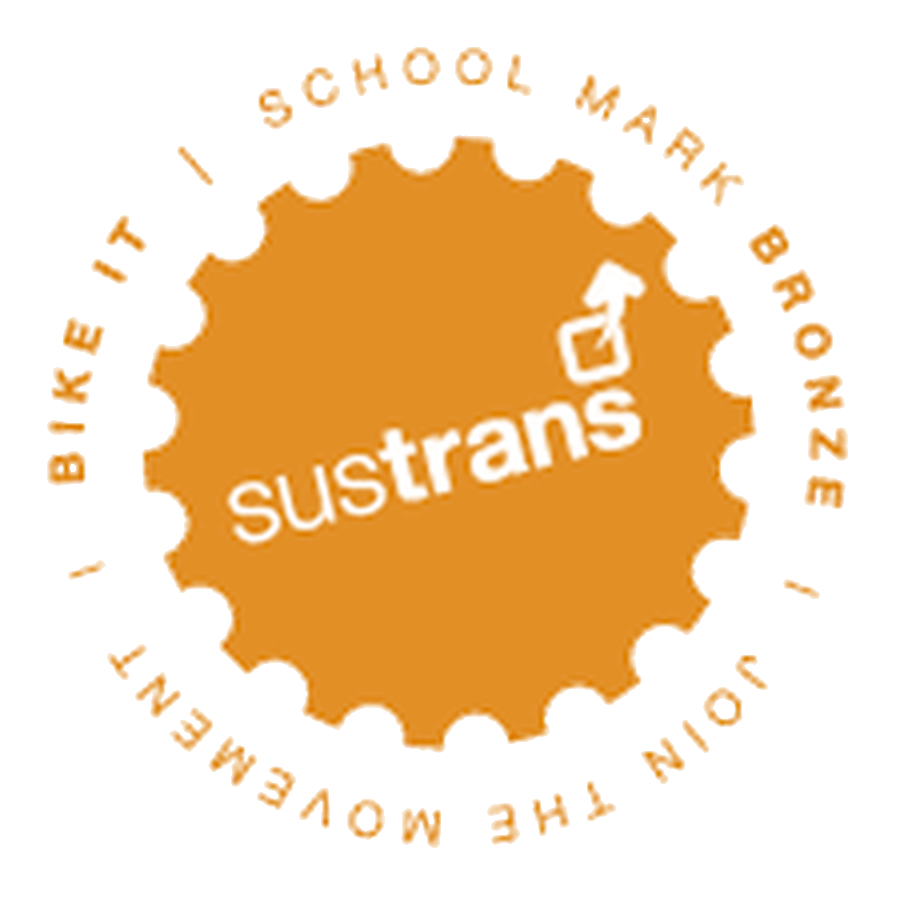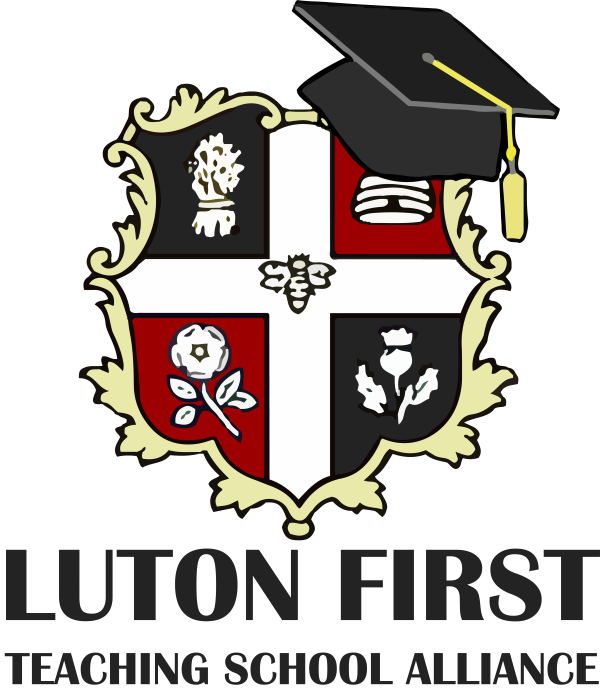Modern Foreign Languages
Curriculum Intent:
The Meads is committed to meeting the requirements of the primary National Curriculum, underpinned by our core values of Resilience, Respect, Responsibility and Kindness. In our school, we believe that the learning of a foreign language provides a valuable educational, social and cultural experience for our pupils. It helps them to develop their ability to communicate, including the key skills of speaking and listening and extends their knowledge of how language works. It provides excitement, enjoyment and challenge for children and teachers, helping to create enthusiastic learners and to develop positive attitudes to the acquisition of language throughout life. Learning another language gives children a new perspective on the world, encouraging them to understand their own cultures and those of others. The natural links between languages and other areas of the curriculum can enrich the overall teaching and learning experience, especially those whose first language may not be English. All Key Stage 2 pupils are entitled to learn a foreign language within school time. The Meads recognises the value of this initiative and will provide age-appropriate Primary Languages learning opportunities for all children in Years 3 – 6. The focus language taught in our school is Spanish.
From Asia to the Americas, Spanish is one of the most commonly spoken languages in the world, with over 500 million speakers in total across 20 countries. Spanish is one of the fastest growing languages; it is the second most spoken native language and the fourth most spoken overall. We believe that learning Spanish will provide our pupils with greater employment opportunities for the future, enabling them to communicate with Spanish speakers and employers, allowing them to be more competitive in the job market, especially if they seek to gain employment in developing economies in South America or within the existing European tourist industry.
We adopt a flexible 4-year programme called ‘Language Angels’ at The Meads, which provides suggested teaching sequences, detailed comprehensive lesson notes, pupil activities and audio enhanced slides to help with pronunciation.
Curriculum Coverage:
Year 3
Autumn 1 - I’m learning Spanish/Phonetics
In this unit the children will learn how to:
- Identify Spain on a map of the world.
- Highlight famous Spanish cities.
- Talk about other countries where Spanish is spoken.
- Say their name and how they are feeling in Spanish.
- Count to ten in Spanish.
- Orally pronounce each phonic sound / phoneme.
- Study a total of 20 essential Spanish sound patterns / phonemes, step by step in each lesson.
|
Vocabulary |
|
Buenos días, Hola, Cómo estás?, Estoy bien, Adiós, Hasta luego, Cómo te llamas?, Me llamo…, Uno, Dos, Tres, Quatro, Cinco, Seis, Siete, Ocho, Nueve, Diez
|
Autumn 2 – Colours and Numbers
In this unit the children will learn how to:
- Name and recognise up to ten colours in Spanish.
- Count from 1-10 ten in Spanish.
|
Vocabulary |
|
Blanco, Azul, Gris, Amarillo, Marrón, Negro, Naranja, Rojo, Verde, Violeta, Uno, Dos, Tres, Quatro, Cinco, Seis, Siete, Ocho, Nueve, Diez |
Spring 1 – Greetings
In this unit the children will learn how to:
- Say ‘hello’ (formally and informally).
- Say their name.
- Ask how somebody is feeling and give a reply.
- Say ‘goodbye’ and ‘see you soon’.
|
Vocabulary |
|
Buenos días, Hola, Cómo estás?, Estoy bien, Adiós, Hasta luego, Cómo te llamas?, Me llamo…, Uno, Dos, Tres, Quatro, Cinco, Seis, Siete, Ocho, Nueve, Diez |
Spring 2 – Animals
In this unit the children will learn how to:
- Revisit the language from unit 1
- Be introduced to ten animals in Spanish
- Match all the new Spanish words to the appropriate picture
- Remember the words for at least five animals in Spanish unaided
- Attempt to spell at least three animals correctly in Spanish
|
Vocabulary |
|
Los Animales, Un “A” (masculine), Una “A” (feminine) Un mono, Un cerdo, Un canario, Un león, Un ratón, Un pájaro, Una vaca, Un conejo, Una oveja, Un caballo Soy |
Summer 1 – Fruits
In this unit the children will learn how to:
- Name and recognise up to 10 fruits in Spanish.
- Attempt to spell some of these nouns.
- Ask somebody in Spanish if they like a particular fruit.
- Say what fruits they like and dislike
|
Vocabulary |
|
Una manzana, Las manzanas, Una fresa, Las fresas, Un melocotón, Los melocotones, Un plátano, Los plátanos, Una cereza, Las cerezas, Una naranja, Las naranjas, Una ciruela, Las ciruelas, Una pera, Las peras, Un kiwi, Los kiwis, Un albaricoque, Los albaricoques, Me gustan, No me gustan.. |
Summer 2 – Shapes
In this unit the children will learn how to:
- Name and recognise up to 10 shapes in Spanish.
- Attempt to spell some of these nouns
- Recognise that nouns are commonly associated with an article in Spanish and in this case ‘UN’ or ‘UNA’.
- Have an opportunity to learn and/or revise numbers 1-5.
|
Vocabulary |
|
Un triángulo, Un cuadrado, Un óvalo, Un círculo, Un rectángulo, Un triángulo, Un pentágono, Un hexágono, Un rombo, Óvalos, Una línea, Una estrella A star Pentágonos, Dibujad |
Year 4
Autumn 1 – I Can
In this unit the children will learn how to:
- Recognise some common Spanish verbs/activities.
- Use these verbs to convey meaning in English by matching them to their appropriate picture.
- Use these verbs in the infinitive with puedo...
|
Vocabulary |
|
Bailar, Comer, Cantar, Beber, Cocinar, Ver la tele, TV Saltar, Escribir, Hablar, Puedo… Escuchar |
Autumn 2 – Transport
In this unit the children will learn how to:
- Recognise and recall 7 modes of transport in Spanish.
- Recall numbers 1-5 and the colours yellow, red, green, orange & blue more easily in Spanish.
- Become more familiar with the Spanish ‘r’ sound as seen in aeroplano, barco & tren.
|
Vocabulary |
|
El coche, el tren, el autobus, el aeroplane, el barco, la motocicleta, el camion, rojo, Amarillo, azul, negro, verde, gris, blanco, |
Spring 1 – The Seasons
In this unit the children will learn how to:
- Recognise all four seasons in Spanish.
- Learn an associated action for each season in Spanish.
- Understand better what happens in the world around us in each season in Spanish.
|
Vocabulary |
|
Las estaciones, Nieva, El invierno, Las flores crecen, La primavera, En otoño, Los pájaros cantan, El Verano, Hace sol, El otoño, Hace calor, En invierno, Los árboles pierden sus hojas, En primavera, Cuál es tu estación favorita? En Verano, Mi estación favorita es… |
Spring 2 – Vegetables
In this unit the children will learn how to:
- Name and recognise up to 10 vegetables in Spanish.
- Attempt to spell some of these nouns (including the correct article)
- Learn simple vocabulary to facilitate a role play about buying vegetables from a market stall.
- Say if they would like one kilo or a half kilo of a particular vegetable or selection of vegetables.
|
Vocabulary |
|
Las berenjenas Las espinacas, Las cebollas, Los calabacines, Los tomates Las judías verdes, Los guisantes, Los champiñones, Las zanahorias, Las patatas, Un kilo de…, Medio kilo de, Quisiera…, |
Summer 1 – Romans
In this unit the children will learn how to:
- Tell somebody in Spanish the key facts and key people involved in the history of the Roman Empire.
- Say the days of the week in Spanish and learn how these are related to the Roman gods and goddesses.
- Tell somebody in Spanish what the most famous Roman inventions were.
- Learn what life was like for a rich and a poor child in Roman times.
- Introduce the children to the concept of the negative form in Spanish.
|
Vocabulary |
|
Los Romanos, Los baños romanos, Me pongo una tunica, La historia de Roma, Los acueductos, El Imperio Romano, La calzada romana, La Monarquía Romana, Los puentes romanos, La República Romana, Las esculturas romanas, Los Senadores, Los mosaicos romanos, Los Plebeyos, Los números romanos |
Summer 2 – Family
In this unit the children will learn how to:
- Tell somebody the members, names and various ages of either their own or a fictional family in Spanish.
- Continue to count in Spanish, reaching 100, enabling students to say the age of various family members.
- Understand the concept of the possessive adjectives ‘mi’ and ‘mis’ in Spanish.
- Move from 1st person singular to 3rd person singular of the two high frequency verbs used in this unit: llamarse (to be called) and tener (to have).
|
Vocabulary |
|
La familia, La mama, La abuela, La tía, La hija, Una hermana / La hermana, El hijo, Un hermano / El hermano, El tío, El papa, El abuelo, Los padres, Los abuelos, Tienes un hermano? Tienes una hermana? Sí, tengo un hermano, Sí, tengo una hermana, Sí, tengo dos hermanos |
Year 5
Autumn 1 – My Home
In this unit the children will learn how to:
- Say whether they live in a house or an apartment and say where it is.
- Repeat, recognise and attempt to spell up to ten nouns (including the correct article for each) for the rooms of the house in Spanish.
- Tell somebody in Spanish what rooms they have or do not have in their home.
- Ask somebody else in Spanish what rooms they have or do not have in their home.
- Attempt to create a longer spoken or written passage in Spanish recycling previously learnt language (incorporating personal details such as their name and age).
|
Vocabulary |
|
La familia, La mama, La abuela, La tía, La hija, Una hermana / La hermana, El hijo, Un hermano / El hermano, El tío, El papa, El abuelo, Los padres, Los abuelos, Tienes un hermano? Tienes una hermana? Sí, tengo un hermano, Sí, tengo una hermana, Sí, tengo dos hermanos |
Autumn 2 – The Weather
In this unit the children will learn how to:
- Repeat and recognise the vocabulary for weather in Spanish.
- Ask what the weather is like today.
- Say what the weather is like today.
- Create a Spanish weather map.
- Describe the weather in different regions of Spain using a weather map with symbols.
|
Vocabulary |
|
Qué tiempo hace ? Hace frío, Está lloviendo, Hace calor, Está nevando, Hay tormenta, Hace solHace mucho viento, Hace buen tiempo, Hace mal tiempo, El clima |
Spring 1 – Habitats
In this unit the children will learn how to:
- Tell somebody in Spanish the key elements animals and plants need to survive in their habitat.
- Tell somebody in Spanish examples of the most common habitats for plants and animals and give a named example of these habitats.
- Tell somebody in Spanish which animals live in these different habitats.
- Tell somebody in Spanish which plants live in these different habitats.
|
Vocabulary |
|
Los Hábitats, Refugio, La selva tropical, El campo, El océano, El desierto, El Ártico, El Sahara, El Amazonas, El Océano Pacifico, La Groenlandia, El camello, El conejo, El oso polar, El tiburón |
Spring 2 – Clothes
In this unit the children will learn how to:
- Repeat and recognise the vocabulary for a variety of clothes in Spanish.
- Use the appropriate genders and articles for these clothes.
- Use the verb LLEVAR in Spanish with increasing confidence.
- Say what they wear in different weather/situations.
- Describe clothes in terms of their colour and apply adjectival agreement.
- Use the possessives with increased accuracy.
|
Vocabulary |
|
La ropa, Una camisa, Unos pantalones, Una gorra, Un traje de baño, Unos guantes, Un suéter, Unas botas, Una camiseta, Unas medias, Un abrigo, Unas sandalias, Un vestido, Unas gafas, Una blusa, Unos pantalones cortos, Una corbata, Unos zapatos, Una bufanda, Unos calcetines, Una falda, Una chaqueta |
Summer 1 – Do you have a pet?
In this unit the children will learn how to:
- Repeat, recognise and attempt to spell the eight nouns (including the correct article for each) for pets in Spanish.
- Tell somebody in Spanish if they have or do not have a pet.
- Ask somebody else in Spanish if they have a pet.
- Tell somebody in Spanish the name of their pet.
- Attempt to create a longer phrase using the connectives Y (“and”) or PERO (“but”).
|
Vocabulary |
|
Un perro, Un gato, Un conejo, Un hamster, Tengo una, Un pez, Que se llama… Un ratón, Una cotorra, Una tortuga, Tengo, No tengo, Tengo un |
Summer 2 – Planets
In this unit the children will learn how to:
- Name and recognise the planets in Spanish on a solar system map.
- Spell at least five of the planets in, Spanish.
- Say an interesting fact about at least four of the planets in Spanish.
- Explain the rules of adjectival agreement clearly in Spanish.
|
Vocabulary |
|
Los planetas, La luna, El sol, La tierra, Marte, Mercurio, Neptuno, Plutón, Saturno, Urano, Venus, Júpiter, El Sol está en el centro, Neptuno es un planeta azul, Marte está bastante cerca del sol y es rojo. |
Year 6
Autumn 1 – What is the date?
In this unit the children will learn how to:
- Repeat and recognise the months of the year in Spanish.
- Ask when somebody has a birthday and say when they have their birthday.
- Say the date in Spanish.
- Create a Spanish calendar.
- Recognise key dates in the Spanish calendar.
|
Vocabulary |
|
Qué fecha es hoy? Hoy es, lunes, martes, miércoles, jueves, Viernes, sábado, domingo, enero, febrero, marzo, abril, mayo, junio, julio, Agosto, septiembre, octubre, noviembre, diciembre, Cuándo es tu cumpleaños? Mi cumpleaños es el… |
Autumn 2 – In the classroom
In this unit the children will learn how to:
- Recognise and repeat from memory simple classroom objects and use the correct gender.
- Say what they have and do not have in their pencil case.
- Recognise and respond to simple classroom commands and praise.
|
Vocabulary |
|
Un sacapuntas, Un cuaderno, Un lápiz, Un bolígrafo, Una regla, Una goma, Una calculadora, Qué tienes en tu estuche?, En mi estuche tengo…, En mi estuche no tengo…, Escuchad, Un estuche, Silencio, Abrid los libros ! Cerrad los libros, Unas tijeras ensad, Una barra de pegamento, Leed ! |
Spring 1 – At the cafe
In this unit the children will learn how to:
- Order from a selection of foods from a Spanish menu.
- Order from a selection of drinks from a Spanish menu.
- Order a Spanish breakfast.
- Order typical Spanish snacks.
- Ask for the bill.
- Remember how to say hello, goodbye, please and thank you.
|
Vocabulary |
|
Desayuno En El Café, Qué quieres? Quiero, Por favour, Un zumo, Un café, Un café con leche, Un té, Un té con leche, Un chocolate caliente, Un croissant, La mantequilla, Pan, La mermelada, Un bizcocho, Cereales, Un trozo de tortilla, De churros, Tapas, Patatas fritas, Un sandwich, Una cola-cola, La cuenta por favour |
Spring 2 – The Weekend
In this unit the children will learn how to:
- Ask what the time is in Spanish.
- Tell the time accurately in Spanish.
- Learn how to say what they do at the weekend in Spanish.
- Learn to integrate connectives into their work.
- Present an account of what they do and at what time at the weekend.
|
Vocabulary |
|
Me levanto, Desayuno, Veo la tele, Leo, Escucho música, Juego a videojuegos, Juego al fútbol, Voy a la piscina, Voy al cine, Voy a dormir, Qué haces los fines de semana? |
Summer 1 – World War 2
In this unit the children will learn how to:
- Group/order unknown vocabulary to help decode texts in Spanish
- Improve their listening and reading skills
- Name the countries and languages involved in WW2
- Say what the differences were in city and country life during the war
- Learn to integrate all their new and previous language writing a letter home as an evacuee living in the countryside
|
Vocabulary |
|
La Segunda Guerra Mundial, Inglaterra, Francia, ltalia, Alemania, Polonia, Checoslovaquia, Los Estados Unidos, Queridos padres, Cómo estás? Estoy muy bien, Estoy muy mal, Vivo en el campo, Vivo en la ciudad, La vida en el campo es...¸ La vida en la ciudad es..., Difícil, Peligrosa, Llena de hum, Saludos |
Summer 2 – At School
In this unit the children will learn how to:
- Repeat and recognise the vocabulary for school subjects.
- Say what subjects they like and dislike at school.
- Say why they like/ dislike certain school subjects.
- Tell the time (on the hour) in Spanish.
- Say what time they study certain subjects at school.
|
Vocabulary |
|
En el colegio, Qué te gusta ? Aburrido, El español, El inglés, El arte Art, La educación física, La música, La geografía, La historia, Las matemáticas Las ciencias, La informática, Aburrido, Difícil, Útil, Interesante, Divertido |











